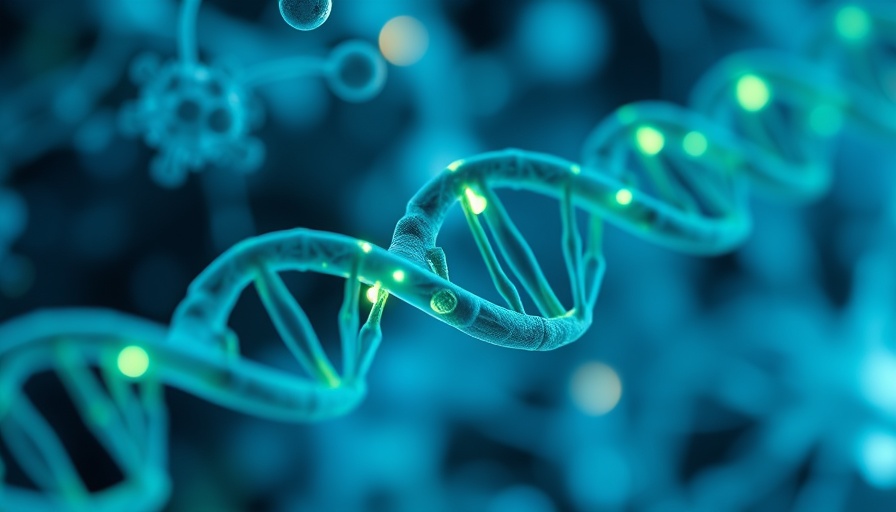
Revolutionary Discoveries in Chemotherapy Resistance
Recent findings from researchers at Mass General Brigham have unveiled significant insights into how certain mutations can confer resistance to chemotherapy in cancer therapies. The focus of the research is a pathway that utilizes reactive oxygen species (ROS) to induce cell death in cancer cells. The pivotal role of VPS35, a protein within this pathway, has become a central point of discussion as it has been linked with the disruption of necessary cellular processes that lead to effective cancer treatment response.
The Science Behind Chemoresistance
Understanding the manipulation of ROS within cells is crucial in delivering successful chemotherapy outcomes. Reactive oxygen species, which are often thought of as damaging components within a cell, play a dual role—they can be detrimental at high levels but are also essential for promoting normal cell signaling at lower concentrations. The balance of ROS is vital for healthy cellular function, and the newly identified mutations in VPS35 can lead to reduced levels of ROS, which in turn may shield cancer cells from the cytotoxic effects of chemotherapy.
How VPS35 Mutations Influence Treatment Outcomes
The researchers delved deeper into the relationship between VPS35 mutations and treatment responses. Specifically, through trials involving 24 patients diagnosed with high-grade serous ovarian cancer (HGSOC), they discovered a correlation between elevated levels of VPS35 and improved responses to therapy. This suggests that patients exhibiting higher levels of this protein were more likely to survive their battle with cancer, signaling an important area for potential targeted therapies.
Future Pathways: New Avenues in Treatment Strategies
These revelations spur the urgency to investigate gene-targeting treatments that can circumvent the resistance pathways established by these VPS35 mutations. As the science community shifts focus towards understanding ROS with greater sophistication, it lays a foundation for developing specialized treatments aimed at eradicating specific mutations, ultimately transforming the standard of cancer care.
Potential Impact on Personalized Medicine
This research not only highlights the intricacies of chemotherapy resistance but also emphasizes the potential of personalized medicine in cancer treatment. By identifying patients' unique genetic makeup, healthcare providers can tailor therapies that precisely target vulnerabilities within their tumors, minimizing side effects and maximizing efficacy.
Emotional and Human Impact: What This Means for Patients
For countless individuals battling cancer, each breakthrough represents a flicker of hope. The possibility of having treatments that resonate with their specific condition may not only impact survival rates but also empower patients in their treatment journey, fostering a sense of agency over their health.
Concluding Insights and Next Steps
As these studies pave the way for a deeper understanding of cancer biology, they also inspire an ever-expanding dialogue on treatment innovation. For business leaders and professionals in the health tech industry, staying informed about such developments can guide strategic investments aimed at enhancing patient care and treatment outcomes.
With patient health at the intersection of technology and wellness, it's vital for decision-makers to consider how emerging research can affect patient journeys and the future of cancer care. By leveraging findings from such studies, leaders in tech-driven sectors can influence the creation of technologies that support breakthrough treatments.
 Add Row
Add Row  Add
Add 




 Add Row
Add Row  Add
Add 

Write A Comment